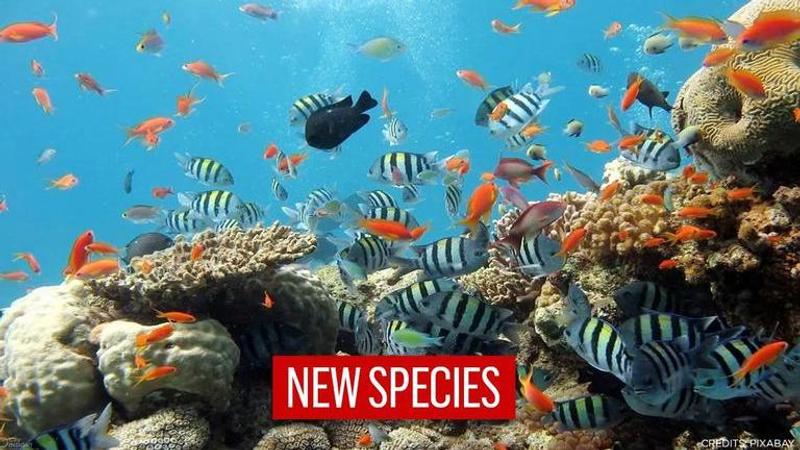Published 07:48 IST, December 29th 2020
Atlantic researchers discover 12 new marine species 'hiding' in the deep sea
In addition to the 12 new species, researchers also found approximately 35 new records of species in areas where they were previously unknown.

After years of studying the Atlantic in unprecedented detail, scientists have discovered 12 new species “hiding in the deep”. According to BBC, the scientists said that the newly discovered sea mosses, mollusks and corals had eluded previously because the seafloor is so unexplored. They even warned that the newly discovered species could already be under threat from climate change as the carbon dioxide absorbed by the ocean is making it more acidic, causing coral skeletons in particular to corrode.
In addition to the 12 new species, researchers also found approximately 35 new records of species in areas where they were previously unknown. While speaking to the media outlet, Professor George Wolff, who is an ocean chemist and was involved in the project, pointed out the there are better maps of the surface of the Moon and Mars than of the seafloor.
‘Special places’ in oceans revealed
In a separate statement, Professor Murray Roberts, who led the Atlas project, said that nearly five years of exploration and investigation have revealed some “special places” in the ocean and researchers have worked out “how they tick”. He explained that the researchers found whole communities formed by sponges or deep ocean corals that form the cities of the deep sea. He said that they support life and the really important fish use these places as spawning grounds.
Roberts said that if these cities are damaged by “destructive” human use, those fish have nowhere to spawn and the function of those ecosystems is lost for future generations. The professor explained that studying ocean currents and depositions of fossils on the seabed revealed that the major current in the North Atlantic has slowed dramatically in response to climate change. He said that the implications are complicated, but potentially the connections between the ecosystems are being reduced because ocean currents are the highways that link different habitats together in the vastness of the deep ocean.
The project involved researchers from 13 countries around the Atlantic. The team worked out how the ocean environment is changing as the globe warms and as humans exploit more of the deep sea for fishing and mineral extraction. The scientists said that with growing global populations, increasing pollution, and emerging areas of commercial activity in the deep sea, it is vital to fill the gaps in ocean knowledge. They further added that conserving and knowing what the world might need in the future is “really really difficult”.
Updated 07:48 IST, December 29th 2020



